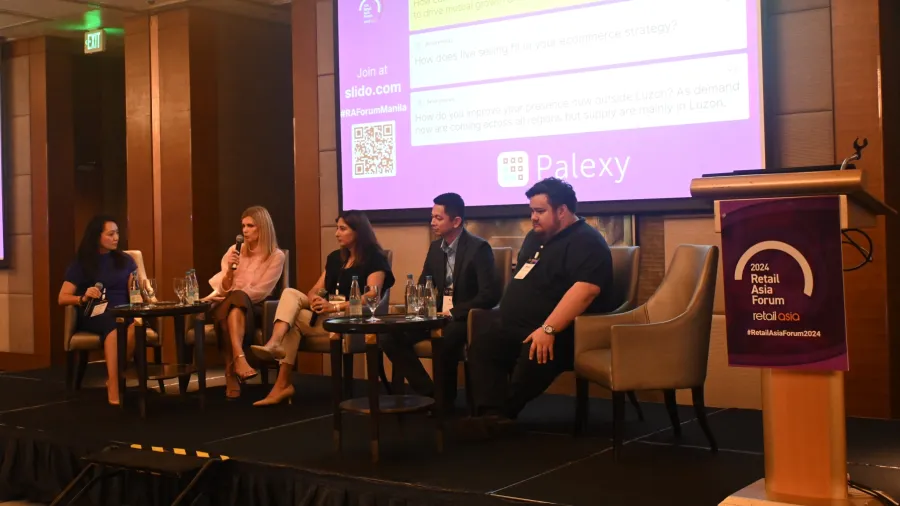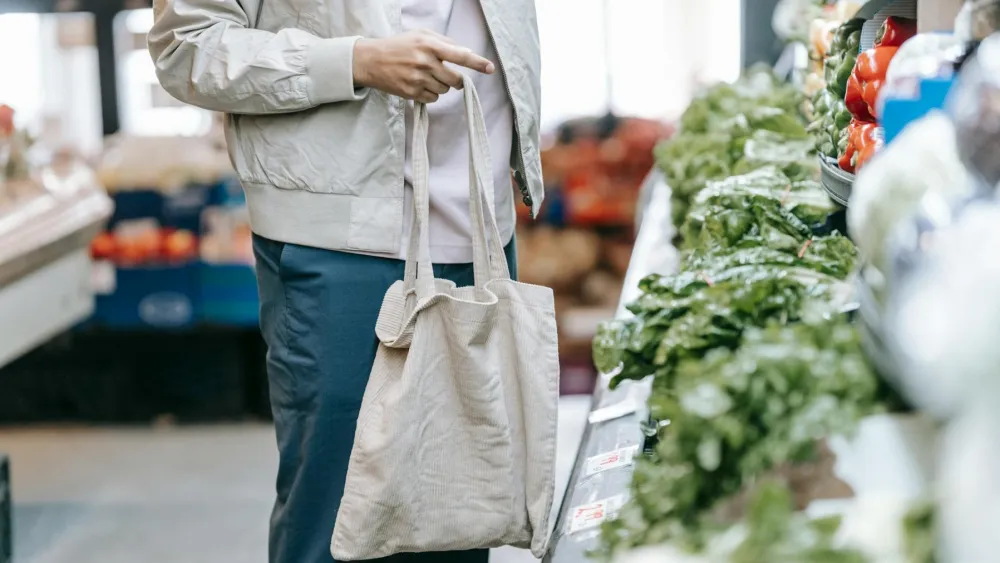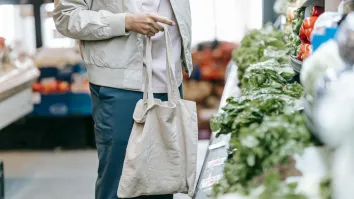
E-tailers must adapt to more choosy Filipino e-shoppers
‘Green’ practices and livestream sales are the key trends.
Online retailers should adapt to cater to budget- and environment-conscious Filipino consumers who have become more choosy and sophisticated in their buying decisions, industry players told the recent Retail Asia Forum in Manila.
Retail industry leaders, including Alvin Ching, senior vice president and head of Buyer Operations at Lazada Philippines, Marcela Duca, retail operations manager for Southeast Asia at Suyen Corp., Warren Carman, vice president of Technology at HMR Philippines, and Bela Gupta, founder of Edamama, agreed that sustainability is becoming a key issue for Filipino shoppers.
The easiest step toward sustainability is reducing the use of plastics and nonrecyclable materials, Ching told the panel discussion. Lazada is still trying to find the balance between protective packaging and avoiding waste that ends up in landfills, he added.
Carman, whose business specialises in buying and selling products from companies under liquidation, said HMR inquires about the environmental social and governance (ESG) scores of a company before doing business with them.
Duca said Filipino consumers research a product first before buying. “They often know more than the staff, hence it is a challenge to make sure that the staff is well-versed in product information.”
But Gupta noted that most Filipinos still prefer in-store shopping, accounting for about 80% of retail in the Philippines.
“The goal for any brand that wants to be digital is to embrace the omnichannel aspect of retail,” she said. “You need to be where your customer is, whether online or offline. Brands must reduce friction points as much as possible to offer a seamless experience across both.”
The Philippine e-commerce market is expected to grow 13.2% annually to $38b (Php2.2t ) by 2028 from $22.4b (Php1.3t) in 2024, according to data and analytics company GlobalData.
Duca said discounting is one of the biggest challenges in Southeast Asia. “I believe if products were sold at their true value without discounts, both sellers and consumers would win. But once discounting starts, it never seems enough.”
She added that it is challenging to maintain pricing integrity when consumers refuse to buy without a discount.
Gupta said other factors are also at play. “It is also about the evolution of the market,” she said, adding that retailers should take note of consumer behaviour toward Amazon.
“People shop there because it’s easy, not because they’re getting a voucher or deal,” she pointed out. “Over time, the education aspect and the convenience factor will start to outweigh the pricing and discounts, making them less of a primary focus.”
It’s a different story for Lazada as Ching noted that logistics is one of the most challenging areas of e-commerce.
Unlike Indonesia which has a more centralised concentration on one island (Java), the Philippines has a somewhat more distributed population across its major islands. The Visayas and Mindanao regions present an opportunity for e-commerce, but the lack of infrastructure is a challenge.
Meanwhile, Ching said livestream retailing has become a crucial part of Lazada’s strategy. “It allows customers to see products in real time and get a better sense of them. It’s the next best thing to physically touching and trying out the product.”
Duca, for his part, cited Suyen Corp.’s experience with live selling, noting that even if consumers do not always buy immediately during livestreams, they still get educated about a brand.
“It’s all about touchpoints,” she said. “Statistics show that it often takes five to six interactions with a product before someone decides to buy.”



















 Advertise
Advertise







